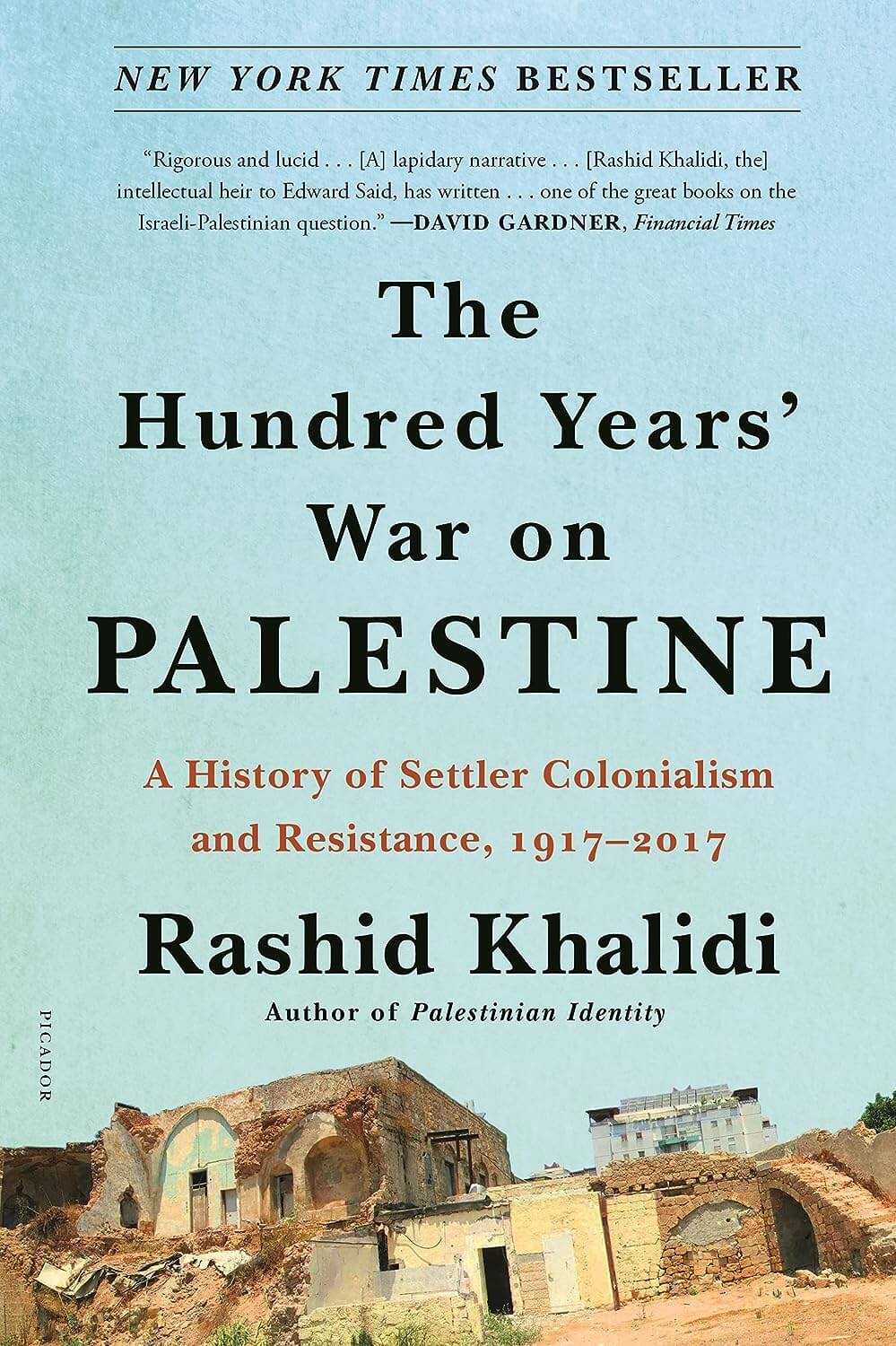The Hundred Years War On Palestine
Rashid Khalidi is the Edward Said Professor of Modern Arab Studies at Colombia University and the author of several books focussing on the Middle East including "The Hundred Years War On Palestine".
Here he explains some of the basic facts of the struggle for Palestinian independence and the creation of the Zionist project of Israel.
00:00 - Intro
01:15 - Palestine before 1948
03:07 - How did Zionism emerge?
05:30 - The Balfour declaration
08:30 - Zionist resistance to Britain
12:47 - Britain's chaotic withdrawal from Palestine
14:44 - Was the Nakba inevitable?
18:40 - The violent partition of Palestine
20:49 - Do the Palestinians reject peace?
26:19 - Is Israel a good neighbour?
28:51 - The six day war
30:54 - Palestinian resistance over time
34:27 - Are Hamas terrorists?
40:18 - The end game in Gaza.
A landmark history of one hundred years of war waged against the Palestinians from the foremost US historian of the Middle East, told through pivotal events and family history
In 1899, Yusuf Diya al-Khalidi, mayor of Jerusalem, alarmed by the Zionist call to create a Jewish national home in Palestine, wrote a letter aimed at Theodore Herzl: the country had an indigenous people who would not easily accept their own displacement. He warned of the perils ahead, ending his note, “in the name of God, let Palestine be left alone.” Thus Rashid Khalidi, al-Khalidi’s great-great-nephew, begins this sweeping history, the first general account of the conflict told from an explicitly Palestinian perspective.
Drawing on a wealth of untapped archival materials and the reports of generations of family members―mayors, judges, scholars, diplomats, and journalists―The Hundred Years' War on Palestine upends accepted interpretations of the conflict, which tend, at best, to describe a tragic clash between two peoples with claims to the same territory. Instead, Khalidi traces a hundred years of colonial war on the Palestinians, waged first by the Zionist movement and then Israel, but backed by Britain and the United States, the great powers of the age. He highlights the key episodes in this colonial campaign, from the 1917 Balfour Declaration to the destruction of Palestine in 1948, from Israel’s 1982 invasion of Lebanon to the endless and futile peace process.
Original, authoritative, and important, The Hundred Years' War on Palestine is not a chronicle of victimization, nor does it whitewash the mistakes of Palestinian leaders or deny the emergence of national movements on both sides. In reevaluating the forces arrayed against the Palestinians, it offers an illuminating new view of a conflict that continues to this day.
Dr. Rashid Khalidi is the author of Brokers of Deceit: How the U.S. Has Undermined Peace in the Middle East (Beacon Press, 2013) and six other books about the Middle East--Sowing Crisis, The Iron Cage, Resurrecting Empire, Origins of Arab Nationalism, Under Siege, and the award-winning Palestinian Identity. He is the Edward Said Chair in Arab Studies at Columbia University and editor of the Journal of Palestine Studies.
Topics: Balfour Declaration, Book Review, Gaza, Hamas, Israel, Nakba, Palestine, Zionism
Related Suggestions


















